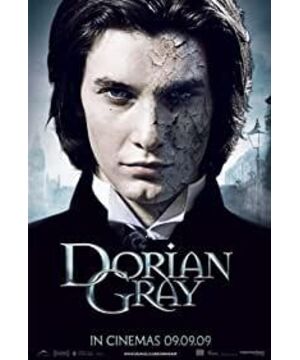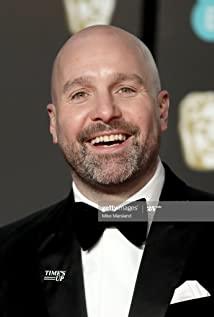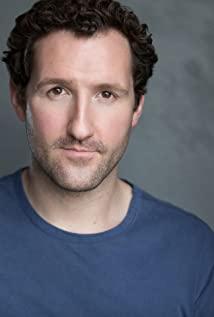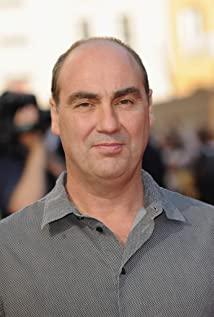The film version adapts the story to conform to dramatic logic and routines, increasing character conflicts, and the ending follows cause and effect.
The film version of Henry's interpretation is different from the Lord I imagined. The film version of Henry gave me a cramped feeling. In my imagination, the Lord should have a slow and magnetic tone like a whisper of a demon, and his eyes are firm and aggressive.
The film clearly shows Henry as an observer, who treats Dorian as an experiment in observing his own vicious soul. Henry in the movie is sometimes even the devil himself, perhaps as he himself joked: he sacrificed his soul to the devil.
The movie also adds to the magic at certain moments, such as Sybil saying to Dorian: Don't let him (Henry) do it, Dorian. This was the Prophet's admonition. The Lord was smoking a cigarette lazily upstairs, and smiled after watching the young man leave decisively. At this moment, Henry was the devil.
The film version gave Henry the fate of Dowling's grandfather: killing his daughter's lover, father and daughter broke up, and he was alone for the rest of his life. This kind of adaptation is more dramatic, and the Lord is no longer a bystander who stays out of the way, but is involved in the Shura field. When he was no longer calm, he tore off his fake mask. In the end, Lord Henry's ending is also in line with karma: the bitter fruit he sows, he tastes himself.
I personally liked this adaptation, especially the one where the Lord warned Dorian to stay away from his daughter. He knew Dorian the best, and he questioned lightly, "You have changed. But you won't change, will you, Dorian."
There is also the duel moment, Dorian's accusation against Henry, these two paragraphs left the deepest impression on me.
The fall of the movie version is too superficial, maybe it is for commercialization. Dorian's fall was not a fall of lust, but a guide to hell like a lord. He enjoys this privilege in his heart when he sees others getting older, while he remains young forever.
Also, Dorian didn't die for love, he was only for himself from beginning to end, love was never Dorian's pursuit, beauty was.
[Movie Easter Eggs] (Only personal guess)
When Dorian killed Basil, he took his yellow scarf and kept it. Why Dorian still kept the murder evidence, of course, partly because of foreshadowing, but there is such a sentence in the novel: golden satin can comfort all the pain in life.
View more about Dorian Gray reviews











